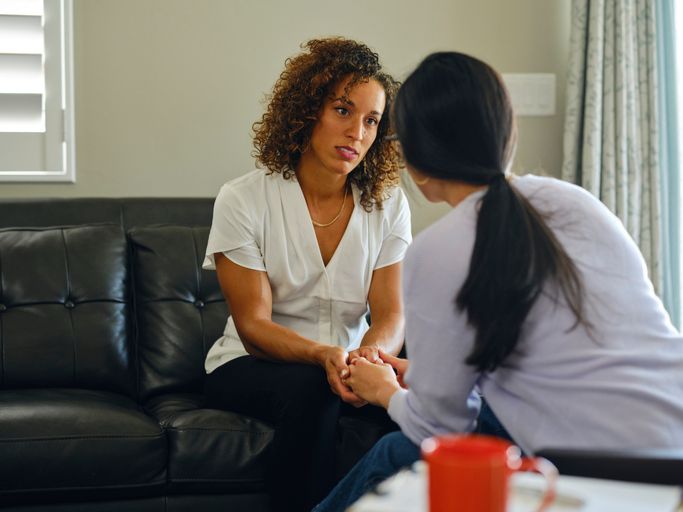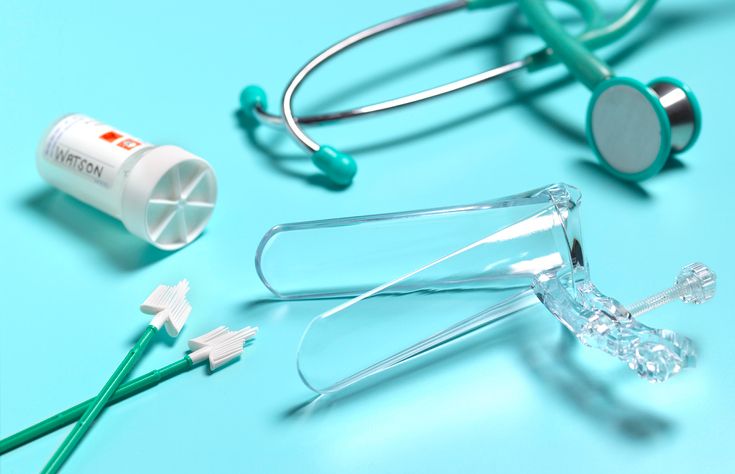
Source: RichLegg / Getty
Since the vaccine for Human papillomavirus (HPV) became available, cervical cancer rates in girls and women between the ages of 15 and 20 have dropped significantly. That’s the good news. The bad news is that Black and Hispanic women are still diagnosed with cervical cancer at higher rates than any other race, according to the Center for Disease Control and Prevention. A lack of access to preventative and follow-up care is one major cause for that issue. In some cases, the medical professionals you should be able to rely on to remind you to get certain screenings – like pap smears — don’t push for it enough. And, in some families, these types of routine screenings just aren’t spoken about. This is one reason Ciara is joining the Black Women’s Health Imperative on the #CervingConfidence campaign, reminding women that getting health screenings is a part of self-care. “Self-care is more than a manicure, getting our hair done, or a new outfit – it’s taking care of our health inside and out” says the artist.
The narrative around regular women’s health screenings needs to change. These aren’t just luxuries for women who have the time. They should be considered imperative parts of self-care for every woman. Employers and families should make time and space for women to get these screenings, and their regular physicians should be speaking to women about these.

Source: Peter Dazeley / Getty
Pap smear
During a pap smear, your OBGYN or regular physician collects a sample of cells from your cervix to scan for cervical cancer, or any early changes in cervical cells that could predict the development of cancer later. Thanks to pap smears, cervical cancer cases are incredibly rare in America, and fatal cases are even rarer, the Mayo Clinic reports. When caught early, cervical cancer and precancerous cells are treatable. Pap smears are typically completely covered under even the most basic of health insurance plans. These are non-invasive, and they can save your life. Doctors generally recommend that women between the ages of 25 and 65 have a pap smear every three years, however some doctors recommend more frequent pap smears – especially for women who have tested positive for HPV and/or have had abnormal pap smears.


